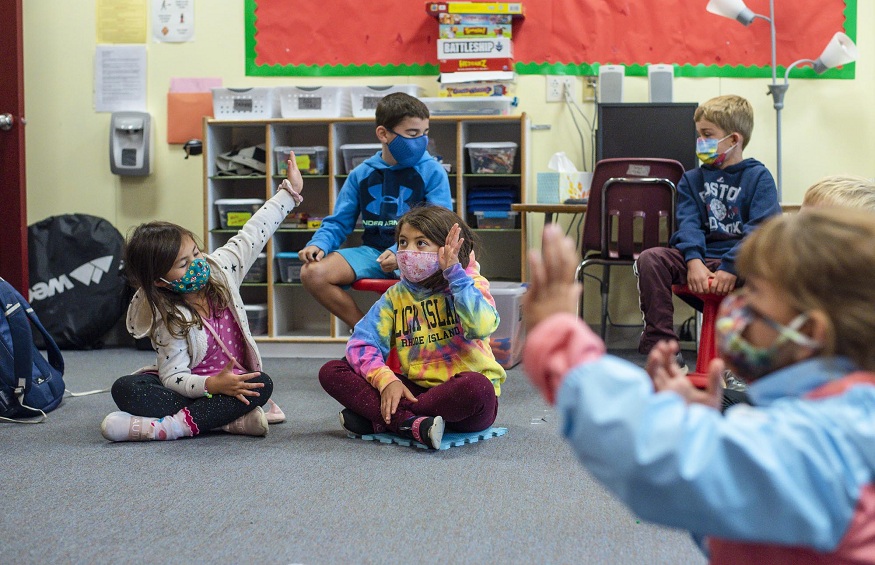After taking a child development course and appropriate certifications, many people go towards the career path of becoming a special education teacher, a fulfilling job. But just like any other career, there are numerous challenges in and out of the classroom.
Special education teachers would have a difficult job not just teaching and managing students, but handling paperwork and ensuring all accommodations are met in their student’s classrooms. Let’s take a look at the challenges one can face in teaching special education.
1. The Paperwork
Teaching special education isn’t just about teaching resource classes and helping out as inclusion teachers. A part of the job is being responsible for a caseload of students. This means having an Individualized Education Plan (IEP), the paperwork listing down a student’s disabilities, accommodations, testing specifications, and goals.
For every IEP meeting, you must gather information about the student’s goals, updating them to see if they are doing well or require new goals. It’s important to keep track of the accommodations and if a student benefits from them. Besides that, there may be other meetings held for students if amendments and additional testing are required. This process occurs for all students in your caseload, which can be anywhere between 15-20 students.
2. Being a Mediator
Special education teachers will sometimes need to act as the intermediary between parents and general education teachers. If a special education student struggles in a general education class, there are various things to consider, such as behavior, accommodations, and modifications.
For starters, you’ll need to ensure that the general education teacher implements all the student’s paperwork as laid out by IEP. If something isn’t implemented, it may have an effect on the student’s academic performance. This may be a difficult conversation as this indicates the general education teacher is technically breaking the law and can get into trouble.
But if all the accommodations are implemented, you must work with the general education teacher to identify ways to help the student. You may also need to act as the mediator between the parents and teacher if they disagree about the teaching methods of the affected students. They may run into conflicts and it’s up to you to deescalate them.
3. Behavioral Issues
Another common challenge of being a special education teacher is having to deal with students’ behaviors. Numerous students with disabilities tend to feel frustrated with schooling.
Whether it’s because they do not understand the material or have a tough time dealing with emotions they can’t control well, such students can be a challenge for any teacher.
Each student is different and what would work for one student may not work with others. That is why you must take time to properly learn about the student’s disability and how they can cope, which can help improve their behavior.
Wrapping It Up
While teaching special education is fulfilling, it is sometimes a thankless and tiresome job. But once you overcome the challenges, all the efforts become worthwhile as you help students reach their full potential.



